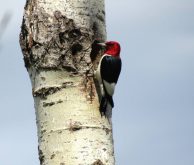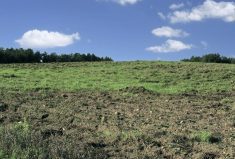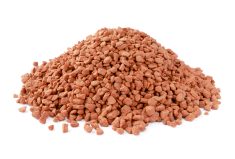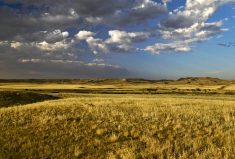Ducks Unlimited Canada (DUC) and Nature Conservancy Canada (NCC) want to be good neighbours and support the rural communities they work in, officials from both organizations say.
“I believe KAP and us share a desire to have rural areas that have a strong agriculture and a healthy environment and economically prosperous residents,” Cary Hamel, NCC’s director of conservation for Manitoba, said in an interview Sept. 28. “To that end we do work with farmers who, for generations, have worked to conserve natural areas on their farms — in particular ranchers and grassland managers who through their grazing and care over time has helped maintain these grasslands.”
Read Also
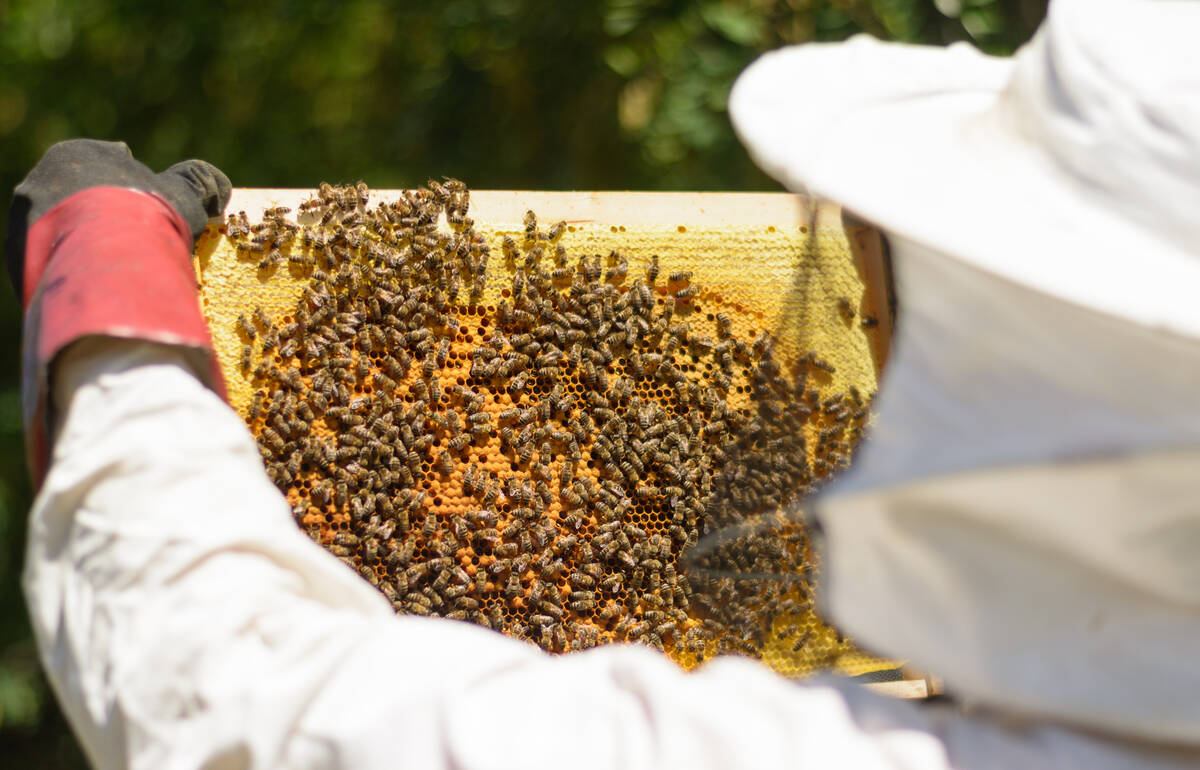
Malta bee exporter blasts criticism from Canadian beekeepers
A honeybee exporting firm on the Mediterranean island of Malta says they’re collateral damage to a dust-up in the Canadian honey sector over imports of replacement bees.
He noted these lands, once grazed by bison, lose some of their natural value if they’re not replaced by grazing cattle.
“So we’re actually often on the same wavelength, advocating to maintain ranching and grassland management of the landscape,” he said.
Of the 52,000 acres of land NCC owns in Manitoba, all of it is classed as marginal — class 3 and 4.
Almost 24,000 of those acres are in the R.M. of Stuartburn. Much of it lies in the Rat River Swamp complex that was sold to NCC by the RM itself, thereby putting it on its tax roll, NCC spokesperson Christine Chilton wrote in an email.
“Stuartburn has the distinction of having the last and best expanse of tallgrass prairie and related species in the country,” Hamel said. “It has been absolutely a conservation focus of the Nature Conservancy and others.”
Stuartburn has more than 100 provincially rare or uncommon species, 20 nationally rare or uncommon species and eight globally rare or uncommon plant communities, Chilton wrote.
Several rivers and streams wind through the area, provide important habitat for more than 50 species of fish and several molluscan species.
Most of DUC’s property are wetlands around Whitewater Lake and Alexander-Griswold Marsh, both in southwest Manitoba, and Delta Marsh near Lake Manitoba, Mark Francis, DUC’s manager of Manitoba operations said in an interview Sept. 28.
Most of DUC’s land purchases occurred in the 1990s and 2000s, he said. The organization hasn’t purchased any land to hold permanently for three years.
“We’re really not buying a lot of land to hold anymore, but we do have the revolving land program, which we favour any time we’re buying land now,” Francis said. “Basically we buy land that’s for sale, we restore the lost habitats on it and then we re-sell it with an easement on those lost habitats. It goes back to producers, but then they can’t break or drain the wetlands. “That program has really been favourable to young farmers. They can acquire lands that otherwise might not be accessible to them.”
At any one time DUC has around 3,000 acres of land in its ‘revolving” program, he said.
Buying land to hold permanently was one of DUC’s most controversial programs, Francis said. But some of that land was donated.
DUC also learned buying too much land in one area — Whitewater Lake — was a mistake.
“It caused a lot of phone calls,” Francis said. “It was several different purchases but it ended up being a lot of quarters in a small area.”
Owning so much in one area made it harder to sell.
“Guys didn’t want to buy it if they couldn’t improve it,” Francis said. “Even though they were allowed to till through the wetlands if they were dry and they could till all the arable land we had a hard time moving that land so we ended up sowing most of it down, or selling it for less than we had hoped. Not being able to improve the land had a greater effect on the crop producers than we thought it would for sure in that area. But the cattle guys took advantage and they were able to purchase land there and it worked out well for them.”





